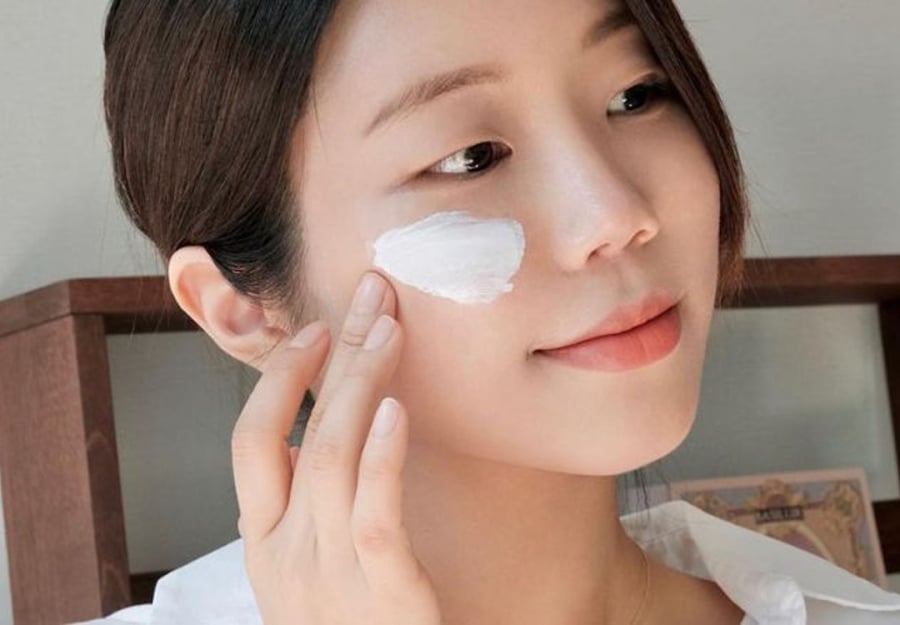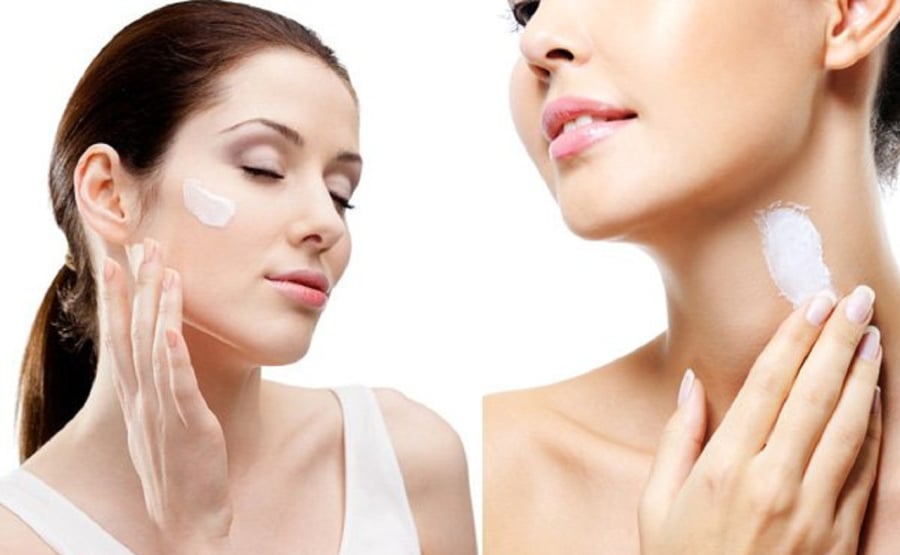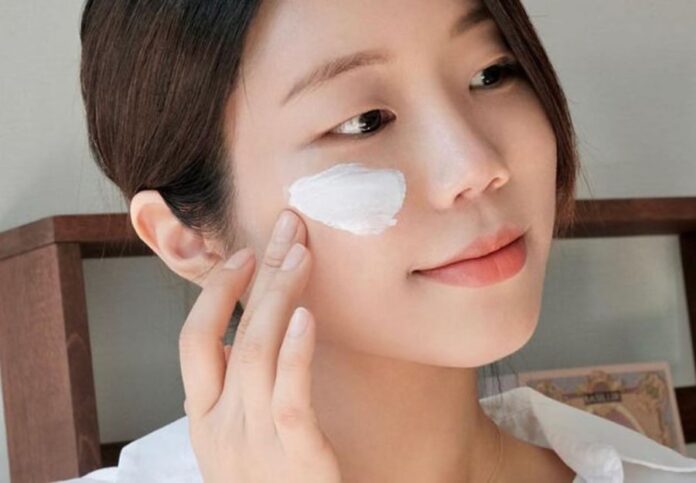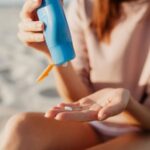Important Considerations When Using Sunscreen
Avoid Water Dilution for Optimal Protection
It is important to note that water can reduce the effectiveness of sunscreen. When swimming or engaging in water activities, opt for water-resistant sunscreen and reapply it every 2 hours. This ensures your skin remains protected from the sun’s harmful rays.

Avoid Application on Mucous Membranes
Sunscreen may contain ingredients that can cause irritation if they come into contact with the eyes, mouth, or sensitive skin areas. When applying sunscreen, avoid these areas to minimize discomfort or adverse reactions. If sunscreen gets into your eyes, rinse immediately with cool water to prevent irritation.
Limit Strenuous Exercise
Sweat can wash away sunscreen more quickly, reducing its protective effects. If you’re planning outdoor activities or sports, choose a sweat-resistant sunscreen and reapply frequently to maintain protection.
Don’t Rely Solely on Sunscreen
While sunscreen is an important protective measure, it shouldn’t be your only defense against the sun. For optimal protection, combine it with wearing a wide-brimmed hat, long-sleeved clothing, and sunglasses. Avoid direct sun exposure, especially between 9 am and 4 pm when UV rays are strongest.
Key Ingredients to Consider in Sunscreen
Not all sunscreens are suitable for every skin type. Some products contain ingredients like tetracycline, phenothiazine, and sulfa, which may irritate or increase sun sensitivity. Always check the ingredient list to ensure the product is suitable for your skin type, especially if you have sensitive skin.
Choose the Right Sunscreen for Your Skin Type
-
For oily skin, select gel or milk-based, oil-free sunscreens to prevent pore clogging.
-
For dry skin, opt for sunscreens with added moisturizers to keep skin soft and prevent flaking.
-
For sensitive skin, prioritize gentle, alcohol- and fragrance-free products to minimize irritation.
Potential Side Effects of Using Sunscreen
Skin Allergies
Certain ingredients in sunscreen, such as preservatives and fragrances, can cause skin irritation, redness, or itching. If this occurs, switch to a mild, alcohol- and fragrance-free sunscreen to prevent further irritation.

Acne
Sunscreens with thick consistencies or comedogenic ingredients can contribute to acne. For acne-prone or oily skin, choose sunscreens labeled “non-comedogenic” to keep pores clear. Additionally, avoid using body sunscreens on your face, as they tend to be thicker and may clog pores.
Eye Irritation
If sunscreen gets into your eyes, it can cause discomfort, sensitivity to light, and even eye damage. Rinse your eyes immediately with cool water to reduce irritation, and avoid rubbing them to prevent corneal injury.
Common Mistakes When Using Sunscreen
Applying Sunscreen Only Once a Day
Sunscreen application is not a one-time affair. Many people mistakenly believe that applying sunscreen in the morning provides all-day protection. However, sunscreen has a limited duration of effectiveness, typically between 2 and 4 hours, depending on the product. If you spend significant time outdoors, reapplication is necessary to maintain skin protection.
Inadequate Amount of Sunscreen
To maximize the benefits of sunscreen, it is crucial to apply a sufficient quantity. For the face, a coin-sized amount is generally recommended, while for the body, aim for a shot glass-sized amount.
Neglecting Important Areas
Don’t forget to apply sunscreen to areas like the neck, ears, and palms. These areas are often exposed to the sun and prone to premature aging if left unprotected.
The Ultimate Guide to Expired Sunscreen: Spotting Signs and Proper Storage
The sun’s rays can be harsh on your skin, and their damaging effects are often underestimated. The harmful UV rays can cause more than just a sunburn; they accelerate skin aging and increase the risk of skin cancer. It is crucial to understand that sunscreen alone might not provide adequate protection. Its effectiveness can diminish over time, leaving your skin vulnerable to sun damage, premature aging, and an elevated risk of skin cancer.








































